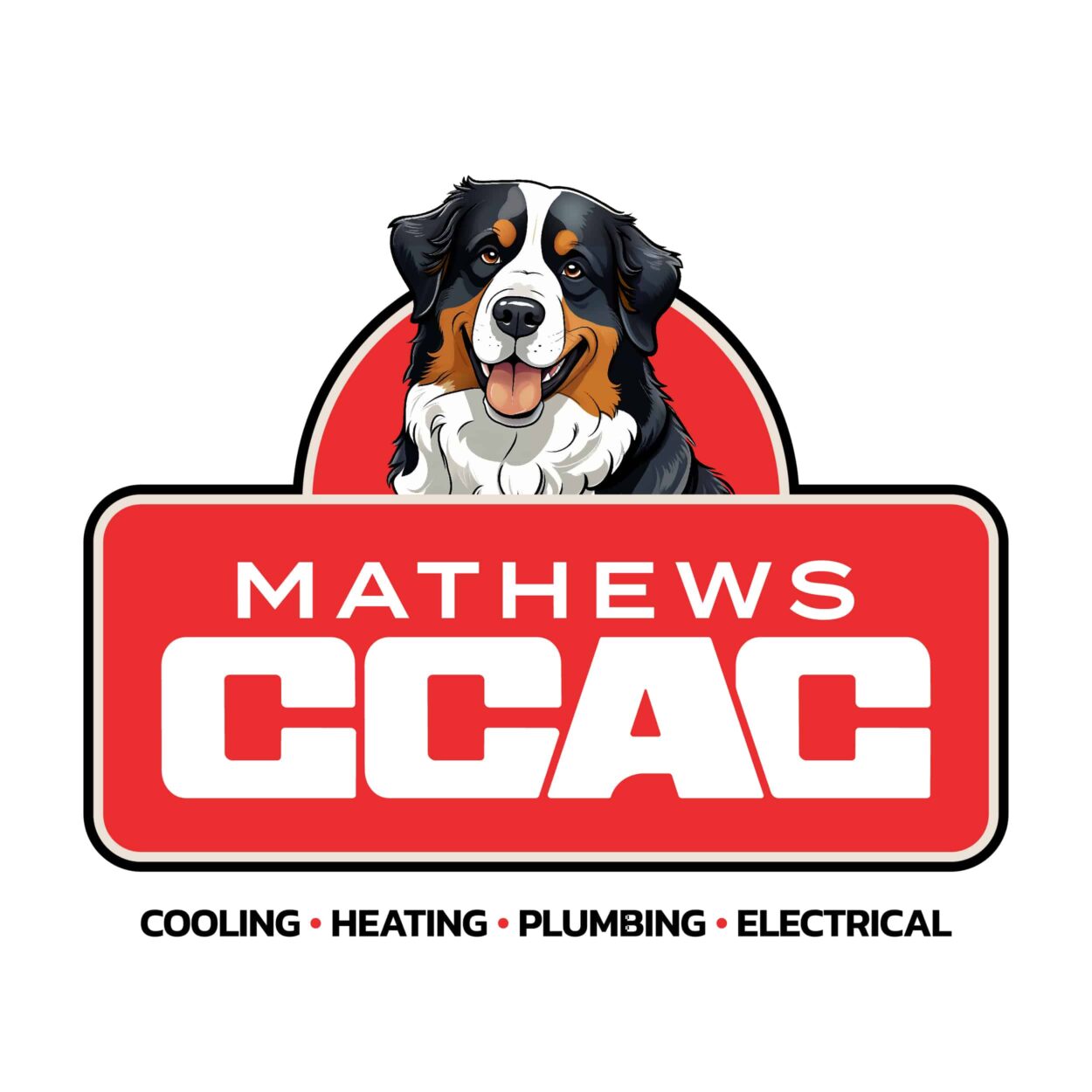Biological organisms are a kingdom of pollutants that include, but are not limited to: viruses, bacteria, mold, mildew, animal dander and cat saliva, house dust and mites, pollen and cockroaches, all of which affect your indoor air quality. Not controlling of the pollutants in your home will cause your HVAC system to become contaminated, generating the bacteria and other particulates that cause chronic diseases, acute illnesses, poor sanitation and overall discomfort. Potential health concerns include:
- Allergic reactions, such as hypersensitivity pneumonitis, allergic rhinitis and some forms of asthma.
- Infectious illnesses, like the chicken pox, are transmitted through the air. Tuberculosis, measles, staphylococcus infections, Legionella and influenza are also transmitted via the air and can be fatal.
- Moisture-breeding pollutants, such as mold and mildew, release of toxins that cause some diseases.
Exposure to these microorganisms can cause problems for your respiratory system and digestive track. Some measures can be taken to reduce the pollutants and help your indoor air quality. General housekeeping and maintaining the quality of your heating and air conditioning units is very important. Control the moisture in your bathroom, kitchen and basement; these are all areas where mold typically loves to grow. Maintain a 30 to 60 percent humidity level. This will help control the amount of dust, mites and cockroaches in your home.
If you would like more information on how you can control the quality of your air and reduce the spread of pollutants in your home, contact Constantly Concerned About Consumers (CCAC) today.
Our goal is to help educate our customers in Corpus Christi, Texas about energy and home comfort issues (specific to HVAC systems). For more information about indoor air quality and other HVAC topics, download our free Home Comfort Resource guide.
Image courtesy of Shutterstock












